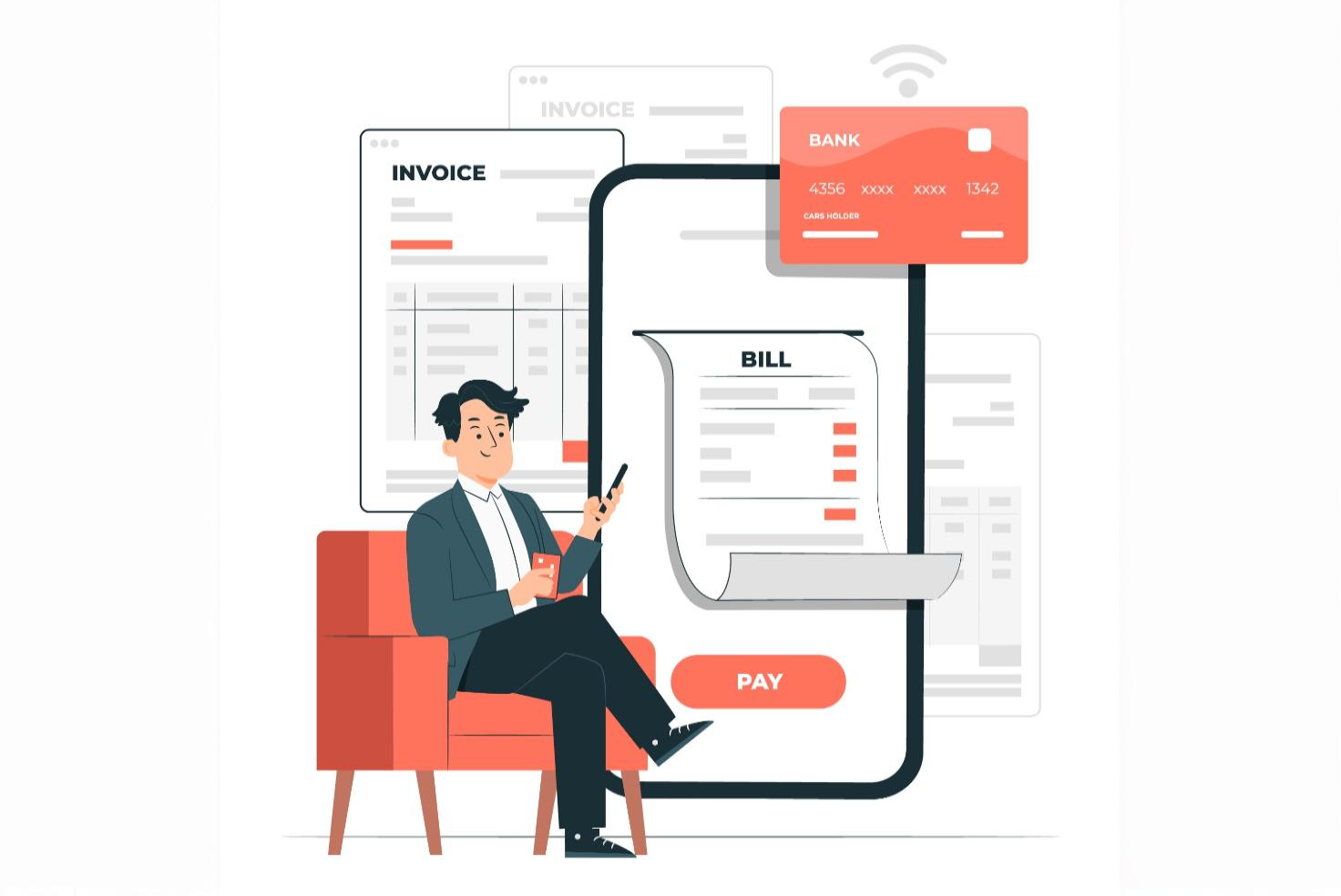An electricity bill payment scam has resurfaced, targeting unsuspecting consumers. Scammers typically send fraudulent text messages to individuals, claiming their electricity bill is overdue and urging immediate payment. These messages, posing as official communication from the electricity department, often warn that power supply will be disconnected if the bill remains unpaid. Here's how you can safeguard yourself against these scams:
How to Avoid These Common Scams?
- Avoid Clicking on Suspicious Links: Text messages containing links that appear to be from your electricity department should never be trusted. Instead, visit your electricity provider's official website to verify your bill status and make payments securely.
- Stay Calm and Avoid Urgent Payments: Fraudulent messages often create a sense of urgency, threatening power disconnection. Scammers exploit panic to coerce quick payments. Stay composed and avoid making impulsive decisions.
- Guard Personal and Financial Information: Never disclose personal or financial details to unverified sources. This includes sensitive information such as your credit card number, bank account details, or electricity account number.
- Keep Devices and Applications Updated: Regularly update your apps and system software. Updates often include critical security patches that protect your devices against malware and other threats.
- Strengthen Your Password Management: Use a reliable password manager to create and maintain unique, complex passwords for each online account. This adds an additional layer of protection against unauthorized access.
- Download Only Trusted Applications: Be vigilant about the apps you install on your devices. Download apps exclusively from legitimate sources, such as your device's official app store, to minimize the risk of harmful components.
 April 10, 2025
April 10, 2025